By Franz-Stefan Gady
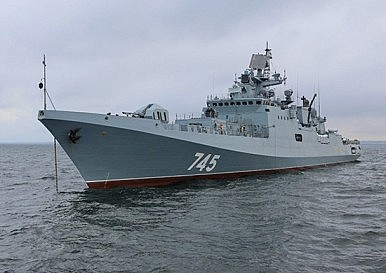 India and Russia signed a contract for the procurement of two Admiral Grigorovich-class (Project 11356) guided-missile frigates destined for service in the Indian Navy earlier this month, according to Indian media reports.
India and Russia signed a contract for the procurement of two Admiral Grigorovich-class (Project 11356) guided-missile frigates destined for service in the Indian Navy earlier this month, according to Indian media reports.
“Sources told [The Economic Times] that while final clearances for the long-pending project came before the summit earlier this month between President Vladimir Putin and Prime Minister Narendra Modi, the deal was signed last week after price negotiations,” The Economic Times reported on October 29.
A follow-on contract for the construction of two additional Admiral Grigorovich-class frigates is expected to be signed in the near future. Notably, neither India nor Russia officially confirmed the signing of any agreement.

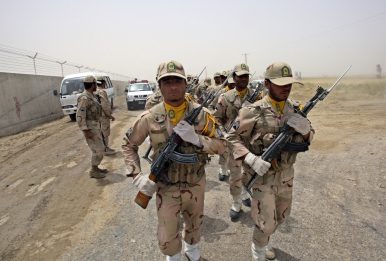
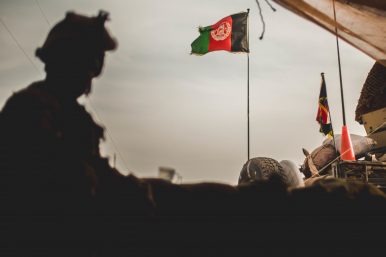
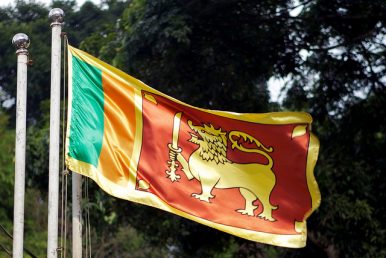
/arc-anglerfish-arc2-prod-mco.s3.amazonaws.com/public/KI2BTMKUFBCFJKB4J4JUREZMQA.jpg)

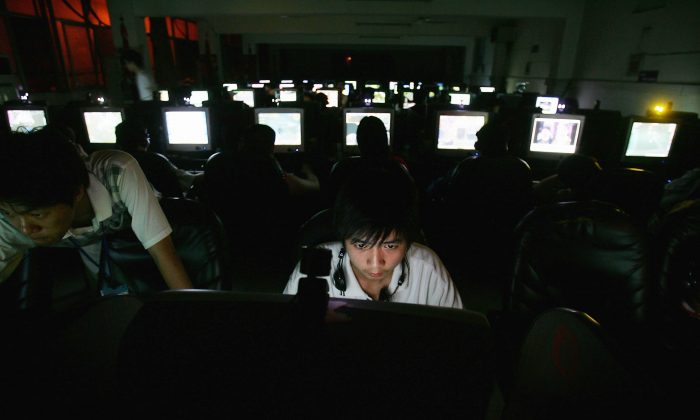








/arc-anglerfish-arc2-prod-mco.s3.amazonaws.com/public/ENCLFBYCAVFJ5NQNBDXDRODA4Y.jpg)


